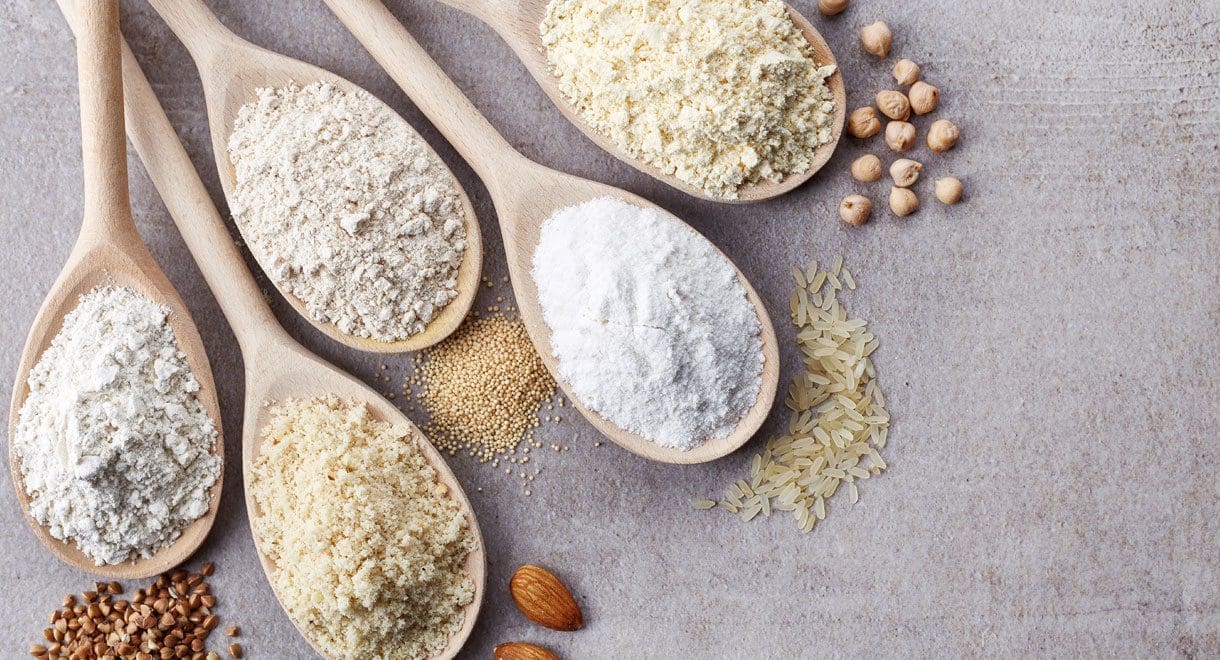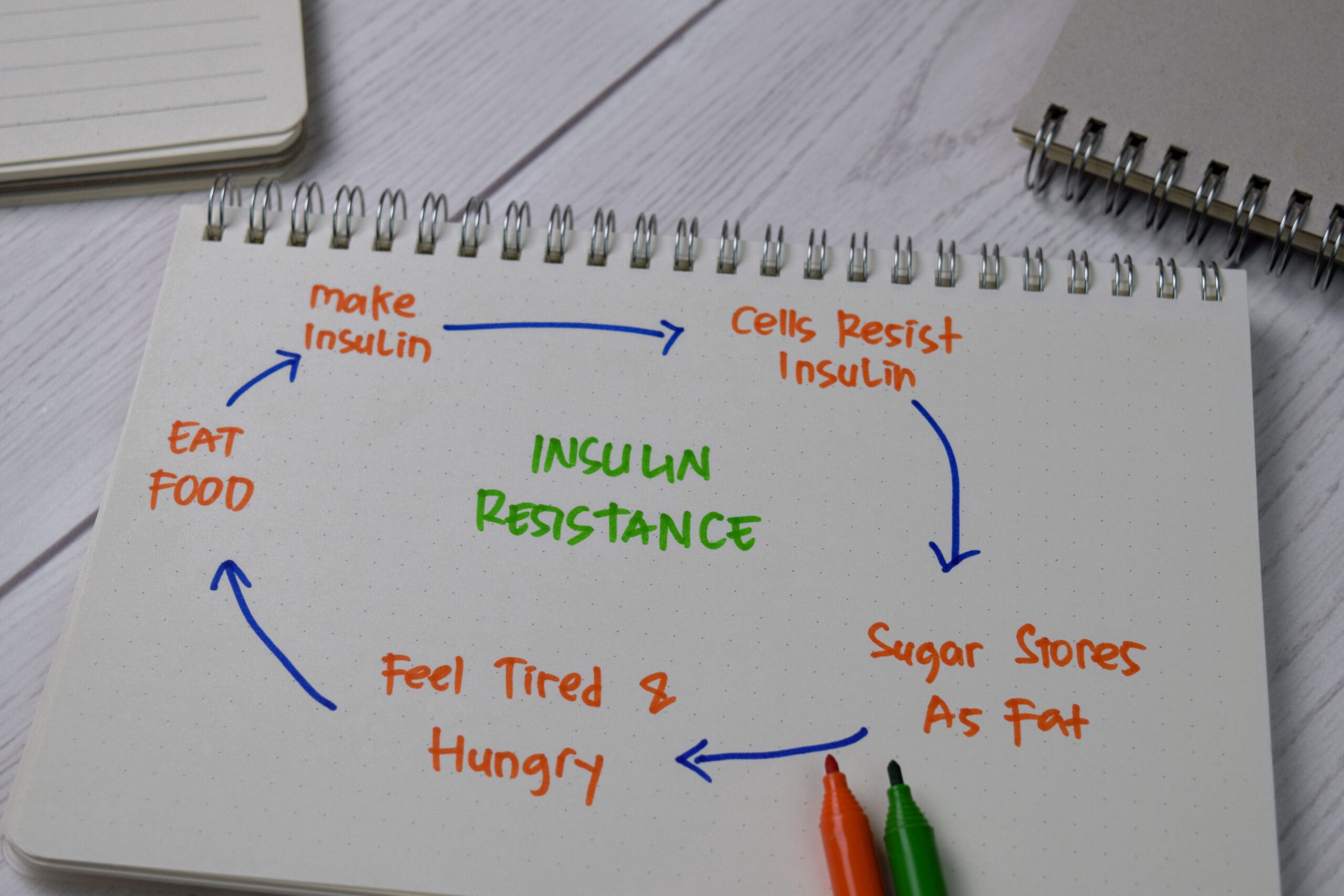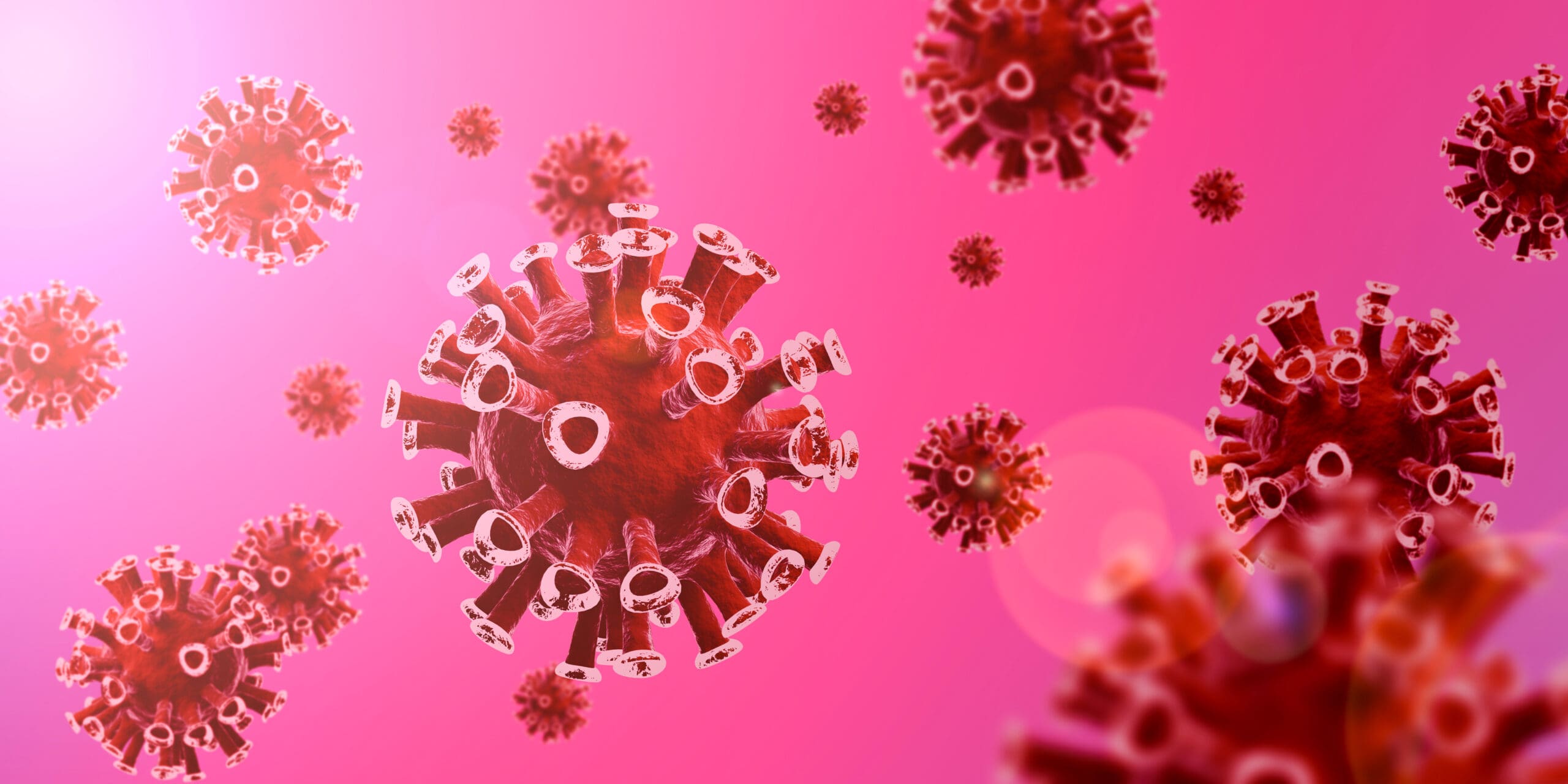Can A New Pill Really Help Gluten Intolerance?
By naturopath Margaret Jasinska.
You may have heard in the news recently that a new pill has been developed by Australian researchers to help break down gluten, making it less harmful to the body of people with gluten intolerance.
GluteGuard is the name of the supplement. It was developed by scientists from the Royal Melbourne Hospital and contains an enzyme found in papaya fruit that helps to break down gluten. If you take the tablets just before a gluten-containing meal, they work to break down the gluten into its building blocks, supposedly making it no longer toxic to the body.
The tablet contains a special enteric coating to make sure it passes through the stomach and isn’t destroyed by hydrochloric acid. The tablet dissolves in the small intestine and this is where the enzyme is released. In people who are sensitive to gluten, the damage is done to the lining of the small intestine. Once the gut lining has been damaged, gluten may trigger damage to any part of the body. The thyroid gland, skin, joints and pancreas are common target organs in people with coeliac disease or gluten intolerance.
It is estimated that approximately 1 in 10 Australian adults are gluten intolerant. This means around 1.8 million people are currently avoiding or limiting consumption of gluten-containing products because of the symptoms they experience afterwards. That’s why so many new gluten free foods are popping up in the supermarket each month, and many well-known processed foods that contained small amounts of gluten are being reformulated to be gluten free.
Is this pill really effective at helping to protect an individual from the potentially harmful effects of gluten?
Here is a statement from the Australian Coeliac society about GluteGuard:
“The manufacturer of GluteGuard, Glutagen, advises the supplement is not a treatment or cure for coeliac disease and it is essential that people with coeliac disease maintain a strict gluten free diet. They state that GluteGuard may help reduce the effects of inadvertent ingestion of small amounts of gluten (e.g. resulting from cross contamination – such as when travelling or eating out).
Coeliac Australia and Glutagen stress that the only treatment for coeliac disease is a strict gluten free diet. However, Glutagen has data from published clinical trials on the use of GluteGuard finding that GluteGuard may assist in digesting gluten and in protecting coeliacs from the effects of small amounts of inadvertent gluten contamination of their diets.
A serious concern of Coeliac Australia is that some coeliac patients will eat gluten containing foods with the misguided belief that the GluteGuard tablet will protect them. Coeliac Australia and Glutagen stress that GluteGuard is NOT a treatment for coeliac disease. People with coeliac disease should maintain a strict gluten free diet.
Coeliac disease is an autoimmune illness caused by dietary gluten. The only treatment for coeliac disease is the life-long avoidance of foods containing gluten. Non-adherence to a strict gluten free diet is associated with potentially serious medical complications such as osteoporosis, autoimmune disease, cancer and infections.
GluteGuard has been assessed and approved by the Therapeutic Goods Administration in Australia as safe to consume. The safety of GluteGuard itself is not in dispute, provided those with coeliac disease who choose to use it also maintain a strict gluten free diet.
Accordingly, if you choose to use GluteGuard as a safeguard, or other enzyme supplements, you should not relax your strict gluten free diet and never deliberately ingest gluten.”









Leave A Comment